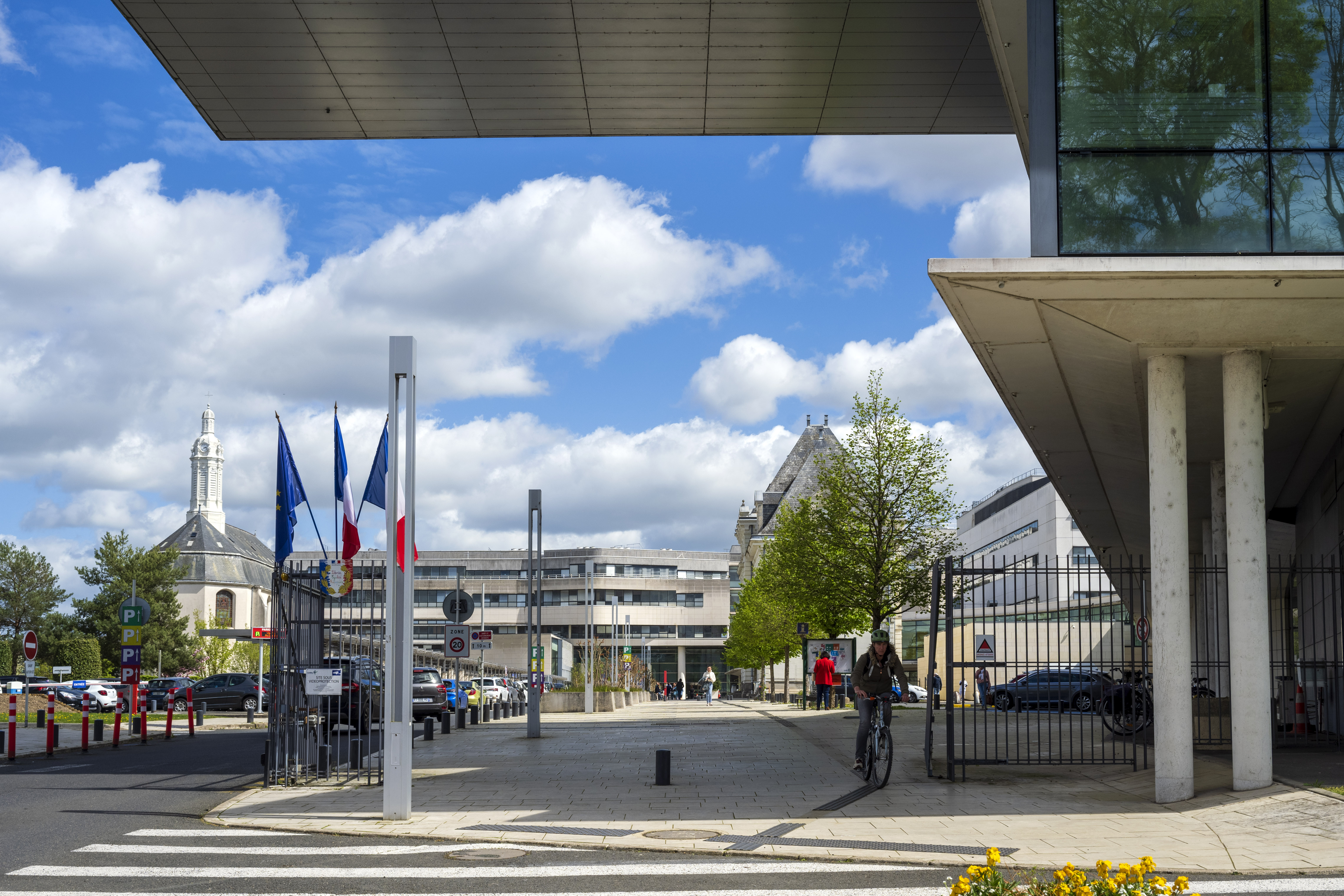Clinics
 iBraiN actively cultivates and sustains a close relationship with clinics. Every noteworthy new discovery made by the scientists at iBraiN is carefully examined for a clinical investigation in collaboration with Tours Hospital. iBraiN is working in close collaboration with the Clinical Investigation Center at the Tours hospital. This structure supports the various activities essential to the implementation of clinical research projects. It comprises only staff dedicated to and trained in clinical research. Benefiting from a research site authorization, it allows carrying out clinical studies. The iBraiN Management Committee will take dedicated actions to ensure the successful clinical transfer of iBraiN's discoveries.
iBraiN actively cultivates and sustains a close relationship with clinics. Every noteworthy new discovery made by the scientists at iBraiN is carefully examined for a clinical investigation in collaboration with Tours Hospital. iBraiN is working in close collaboration with the Clinical Investigation Center at the Tours hospital. This structure supports the various activities essential to the implementation of clinical research projects. It comprises only staff dedicated to and trained in clinical research. Benefiting from a research site authorization, it allows carrying out clinical studies. The iBraiN Management Committee will take dedicated actions to ensure the successful clinical transfer of iBraiN's discoveries.
GENIALS
This study confirms SOD1 variants low frequency in the French population and highlights the more rapid disease progression observed in patients carrying C9orf72 expansions. These findings underscore the importance of systematic genetic screening at diagnosis.
More information
More information

INGRAPH
This study shows that adults with poorly controlled phenylketonuria exhibit widespread systemic metabolic alterations, including disrupted serotonin and kynurenine pathways and broader metabolic perturbations beyond neuropsychiatric involvement.
More information 
More information

DPYSL5 gene & NDD
This study identifies and functionally characterizes de novo missense variants in DPYSL5 associated with neurodevelopmental disorders and brain malformations, demonstrating that these variants impair neuronal development and highlighting a crucial role for DPYSL5 in brain formation and function.
More information

ASD & Autonomic imbalance
This study shows that autistic children and adults exhibit autonomic imbalance at rest, with opposite sympathetic–parasympathetic patterns across development, suggesting age-related adaptive or compensatory mechanisms.
More information

ASD & Neural Adaptation
This study shows that autistic adults display atypical neural adaptation to repeated sounds, characterized by faster adaptation to vocal than non-vocal stimuli and heightened sensitivity to emotional prosody, which may contribute to social communication difficulties.
More informatio

RESYSTAA
This MRI study compares individuals with Autism Spectrum Disorder and Food Addiction Disorder to healthy controls, aiming to investigate shared pathophysiological mechanisms related to reward system dysfunction by exploring the underlying neural networks.
More information

More information

Deep Pressure Therapy
This user-centered feasibility study shows that a nonstigmatizing, electronically controlled compressive armchair for deep pressure therapy is usable in children with severe autism and may help reduce anxiety and improve emotional regulation, supporting the need for further controlled efficacy studies.
More information
Psychometric Validation of the SCEB-A
This study provides preliminary psychometric validation of the SCEB-A, showing that it reliably captures heterogeneous cognitive and socio-emotional developmental profiles in adults with autism and severe intellectual disability, supporting its use for personalized intervention planning.
More information
Brain elastography
This prospective study demonstrates that MR passive elastography is feasible in brain tumor patients, correlates with intraoperative ultrasound measurements, and can accurately distinguish malignant from benign tumors based on their mechanical properties.
More information



